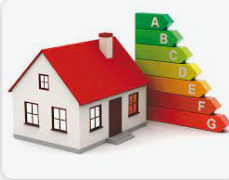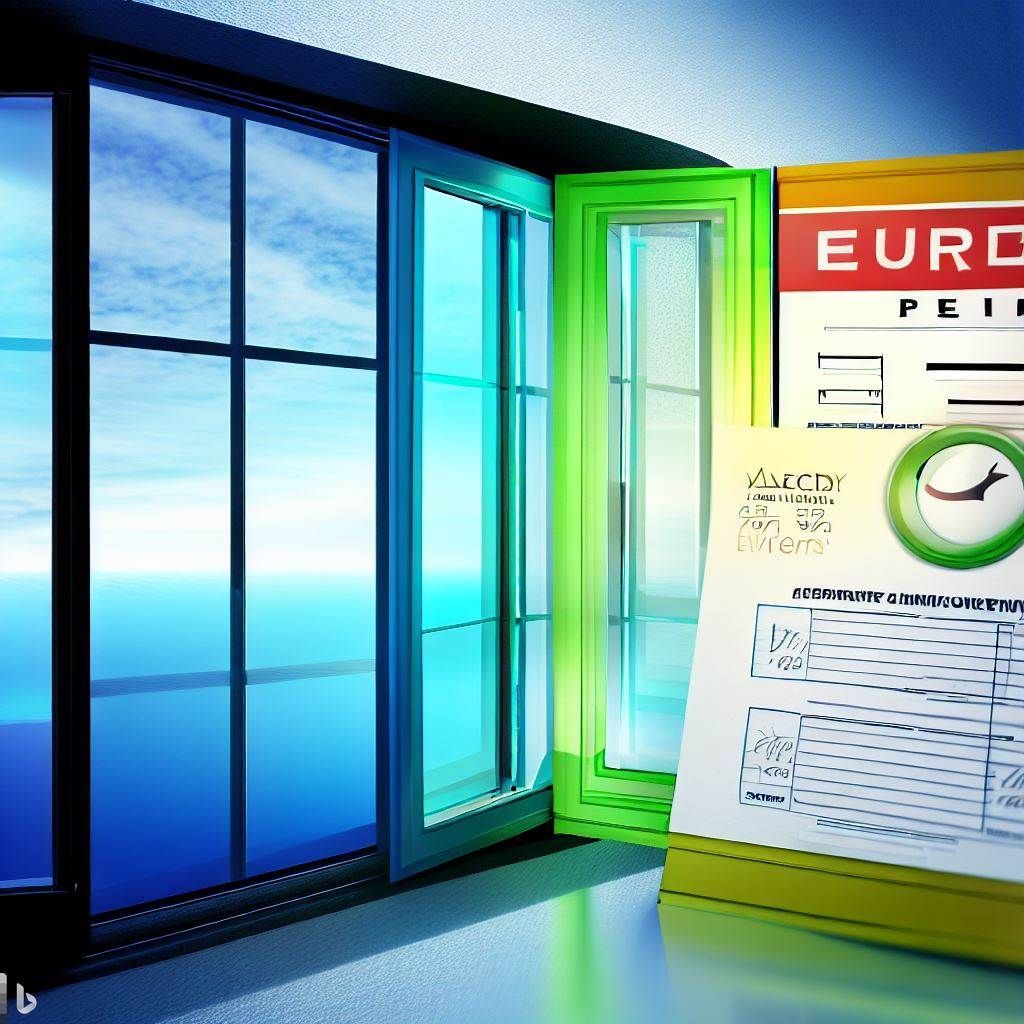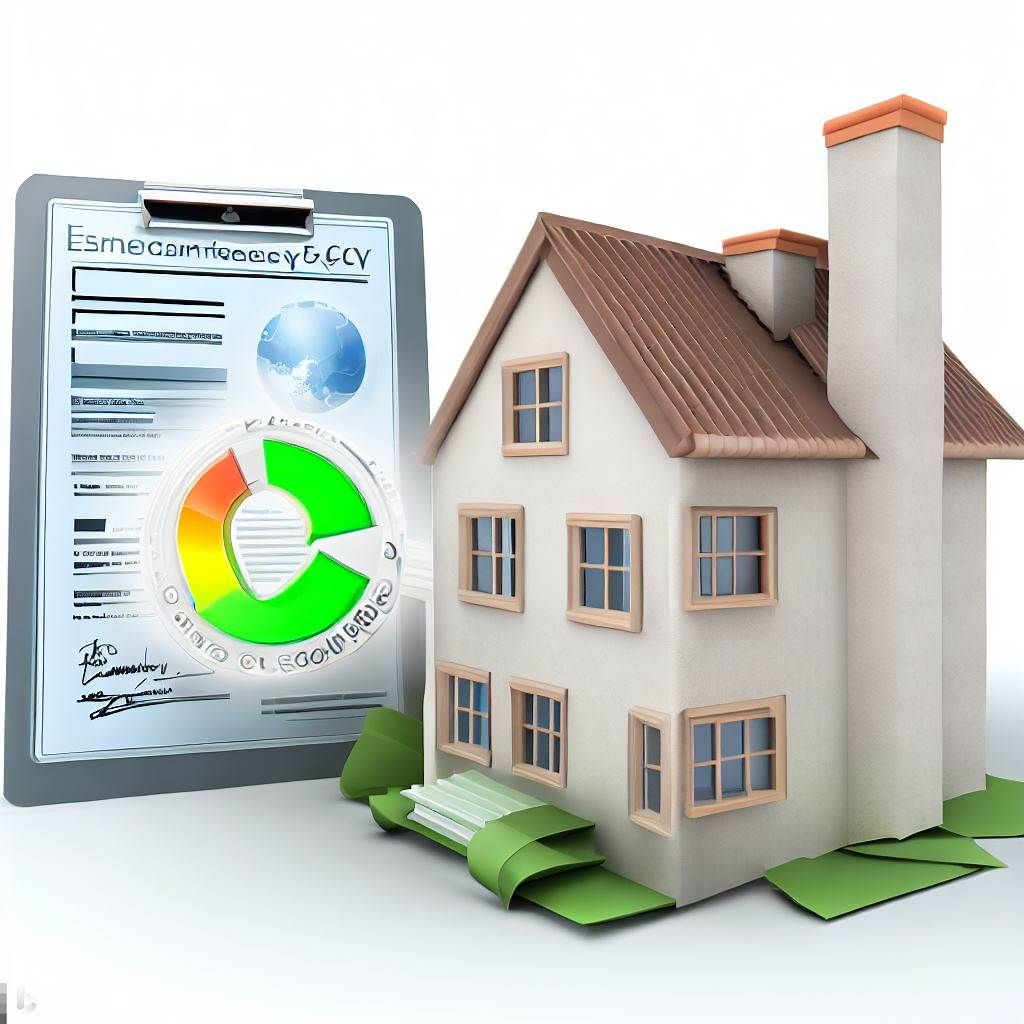Insulation: A Key to Boosting Energy Ratings and Saving Costs
My Guide To Boosting Energy Ratings Through Insulation.

Insulating your building is crucial for minimising heat loss and improving energy efficiency. Here are some examples of insulation products that customers can consider:
a. Loft Insulation:
- Mineral Wool Insulation: Glass wool or rock wool insulation rolls or batts are commonly used for loft insulation. These materials have excellent thermal properties and are easy to install.
- Reflective Foil Insulation: Foil insulation acts as a radiant barrier, reflecting heat back into the building. It can be used in combination with other types of insulation for enhanced performance.
b. Wall Insulation:
- Cavity Wall Insulation: If your building has unfilled cavity walls, injecting cavity wall insulation material like expanded polystyrene beads or mineral wool can help prevent heat loss.
- Internal Wall Insulation: Insulated plasterboard or dry lining systems can be installed on the interior walls to improve insulation. These systems often include a layer of insulation material backed with plasterboard.
c. Floor Insulation:
- Insulation Boards: Rigid insulation boards made from materials like extruded polystyrene (XPS) or polyurethane (PUR) can be fitted beneath the floorboards to minimise heat loss.
- Insulated Underlays: Underlay products with integrated insulation, such as foam or fibreboard underlays, can be used during flooring installations to provide thermal insulation.
d. Window Insulation:
- Double or Triple Glazing: Upgrading from single-glazed windows to double or triple glazing significantly improves insulation. These windows have multiple panes with an insulating layer of air or gas in between.
- Secondary Glazing: Installing a secondary glazing system involves adding an additional pane of glass or acrylic to existing windows, providing an extra layer of insulation.
e. Door Insulation:
- Weather Stripping: Applying weather stripping around the edges of doors helps seal gaps and prevent drafts. Products like adhesive weather strips or door sweeps are commonly used for this purpose.
- Door Curtains or Draught Excluders: Insulated door curtains or draught excluders can be used to prevent heat loss and drafts around doors.
These are just a few examples of insulation products available in the market. It's essential to consider the specific requirements of your building and consult with insulation professionals or suppliers to determine the most suitable products for your project.
"Insulation: A Key to Boosting Energy Ratings and Saving Costs," says Paul Smith
Paul Smith, a renowned energy efficiency expert, highlights the significance of insulation in improving energy ratings. According to Smith, "Insulation acts as a vital barrier against heat loss and plays a pivotal role in enhancing the energy performance of buildings."
Smith emphasises that effective insulation helps to create a thermally efficient envelope, preventing unwanted heat exchange between the interior and exterior of the building. He explains, "By properly insulating the loft, walls, and floors, you can significantly reduce heat loss during colder months, ensuring a warmer and more comfortable living or working environment."
Furthermore, Smith stresses the long-term cost benefits of insulation. "Investing in quality insulation pays off in the long run," he states. "By minimising heat loss, insulation reduces the need for excessive heating, leading to substantial energy savings and lower utility bills."
Smith also highlights the environmental advantages of insulation. "Improved energy efficiency means reduced carbon emissions," he remarks. "Insulation helps to lessen the overall energy demand of a building, contributing to a greener and more sustainable future."
In conclusion, Paul Smith encourages individuals and businesses alike to prioritise insulation as a fundamental step towards achieving higher energy ratings. "By implementing proper insulation measures, you not only enhance the energy performance of your building but also save money, conserve energy, and contribute to a more eco-friendly world," he asserts.










